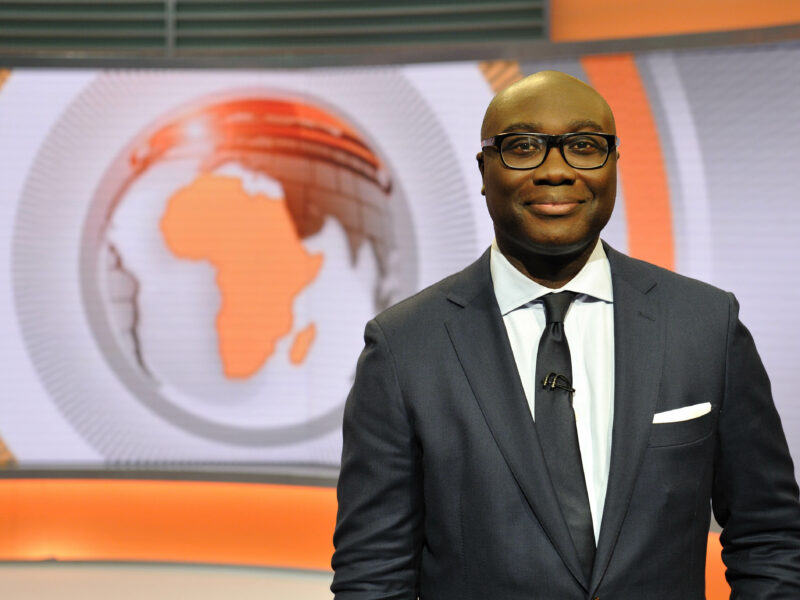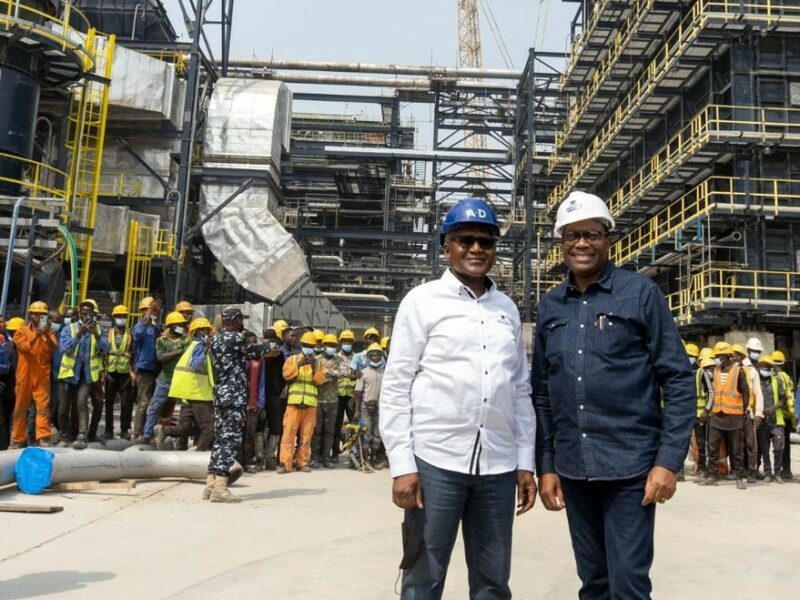Odinga makes fresh AU mediation attempt
Kenyan Prime Minister Raila Odinga is due to arrive in Ivory Coast for a new round of mediation talks on behalf of the African Union.
This is the latest attempt to persuade incumbent President Laurent Gbagbo (in photo) to step down.
Mr Gbagbo is refusing to hand power to Alassane Ouattara, seen internationally as the winner of November elections.
Mr Ouattara and his government-in-waiting remain under siege by Mr Gbagbo’s forces in an Abidjan hotel.
After Mr Odinga’s failure to make much progress on his first visit, little is now expected from yet another mediation effort, says the BBC’s John James in Abidjan.
Neither side is backing down on claims to the presidency, and the option of a Kenyan-style power-sharing deal has been dismissed by all sides – not least by Mr Odinga himself, our correspondent adds.
The West African regional body, Ecowas, has threatened to use military force if Mr Gbagbo does not make way for Mr Ouattara.
But while experts debate how realistic such a force would be, diplomats are keen to pursue negotiations, to avoid an intervention that would inevitably cause bloodshed and possibly weaken the legitimacy of a future Ouattara presidency – installed by foreign force, our correspondent says.
The fact that West African military chiefs are planning to meet over the next couple of days in neighbouring Mali may concentrate minds, and the increasing financial pressure on Mr Gbagbo’s government is making it more and more difficult for his administration to continue; but the true impact of these sanctions will take weeks and months rather than days to be felt, he adds.
Supporters of Mr Ouattara have called for a fresh general strike to force Mr Gbagbo to stand down.
Western violence
In the west of the country, thousands of people have been fleeing their homes over the past week, as the political stalemate revives old ethnic tensions, reports the BBC’s Karen Allen, the first foreign journalist to visit the area since the disputed election.
Ethnicity is often a marker for the way votes are cast, with northerners assumed to have backed Mr Ouattara, our correspondent says.
More than 13,000 people have sought sanctuary in makeshift camps in the town of Duekoue, a rise of 10,000 in just the past week.
And the local hospital is packed with patients with machete and gunshot wounds – victims on all sides of the political divide, our correspondent reports.
A senior UN figure is warning mediators that the political stalemate is creating an environment of humanitarian crisis and reports that foreign mercenaries who are being hired are making things worse.
The election was supposed to reunify the country, divided since a 2002 civil war.
Ivory Coast’s electoral commission said Mr Ouattara had won – a position backed by the UN mission in Ivory Coast, which helped organise the poll.
But Mr Gbagbo’s supporters said that the New Forces rebels who control the north had rigged the poll in favour of Mr Ouattara.
The Constitutional Council, headed by an ally of Mr Gbagbo, then annulled votes in these areas and declared Mr Gbagbo the winner.
BBC News
Stay with Sierra Express Media, for your trusted place in news!
© 2011, https:. All rights reserved.






